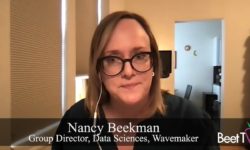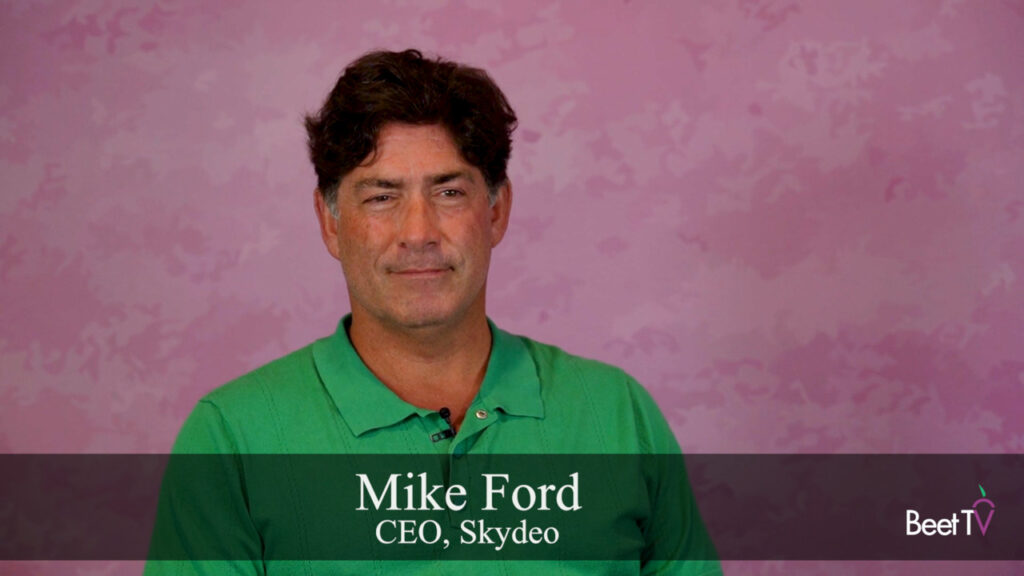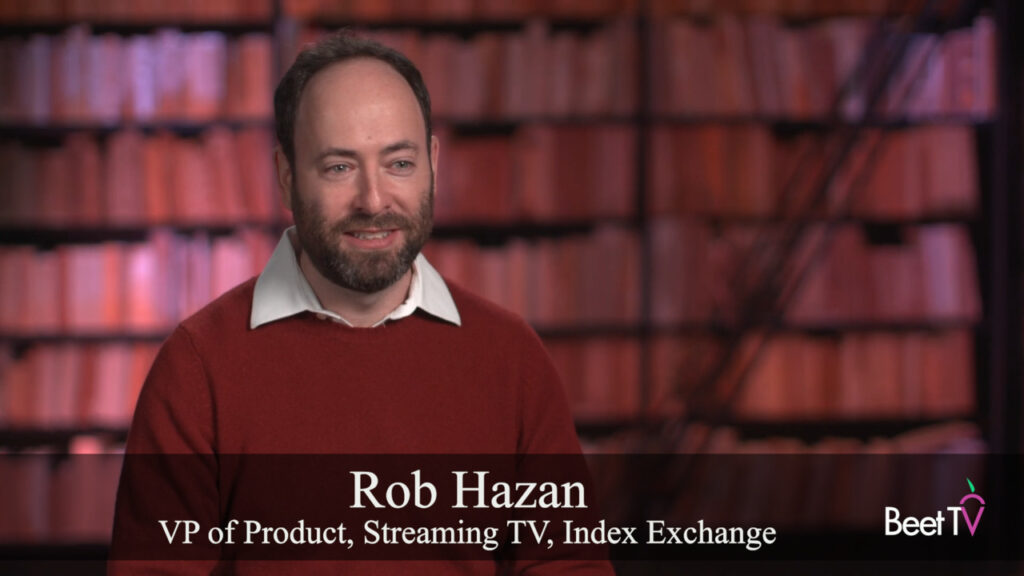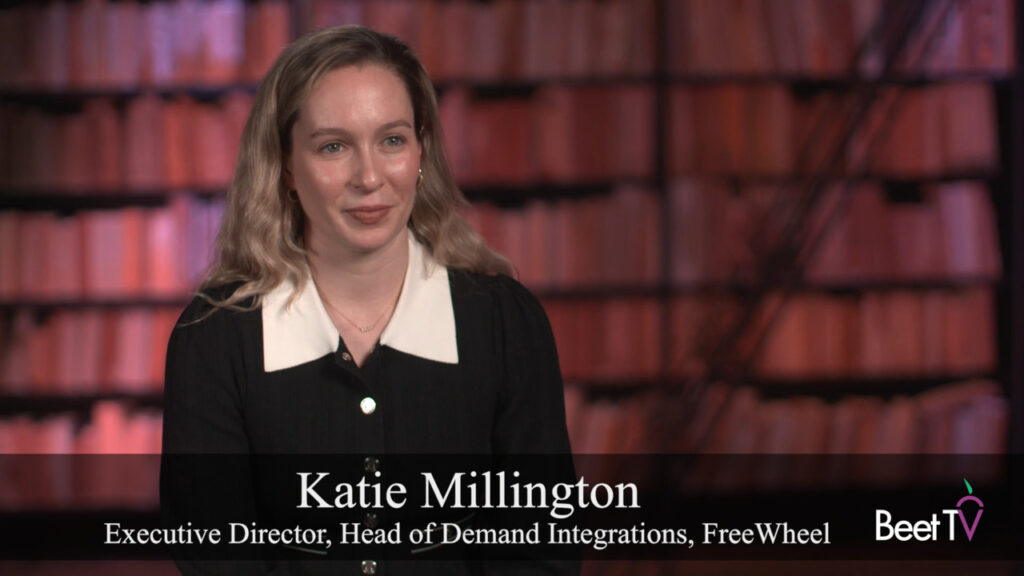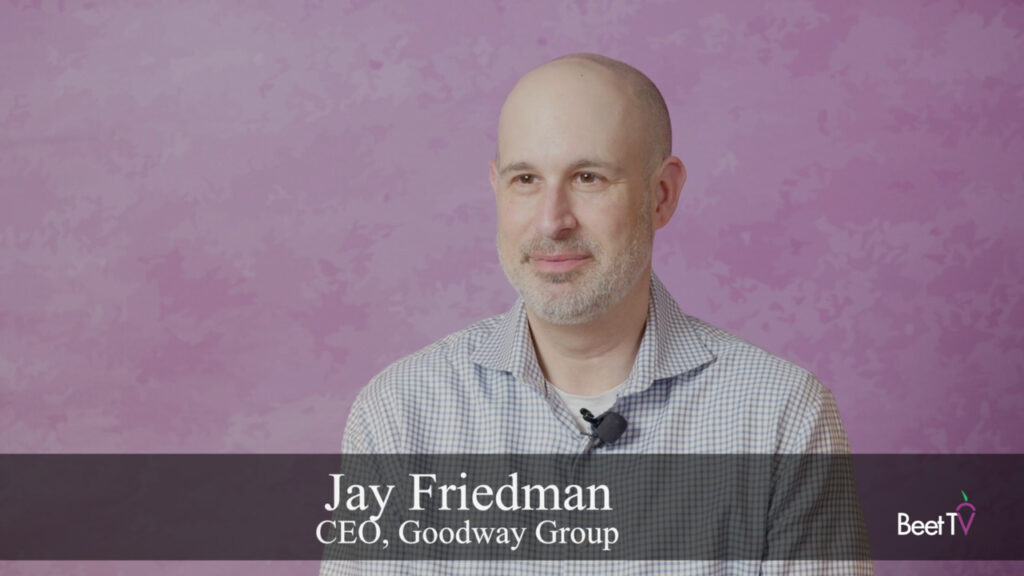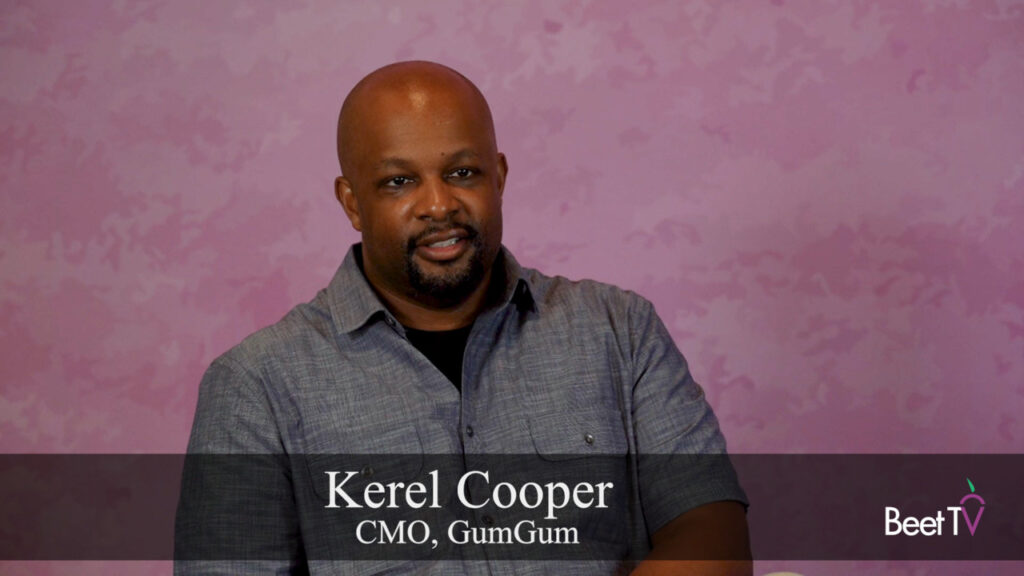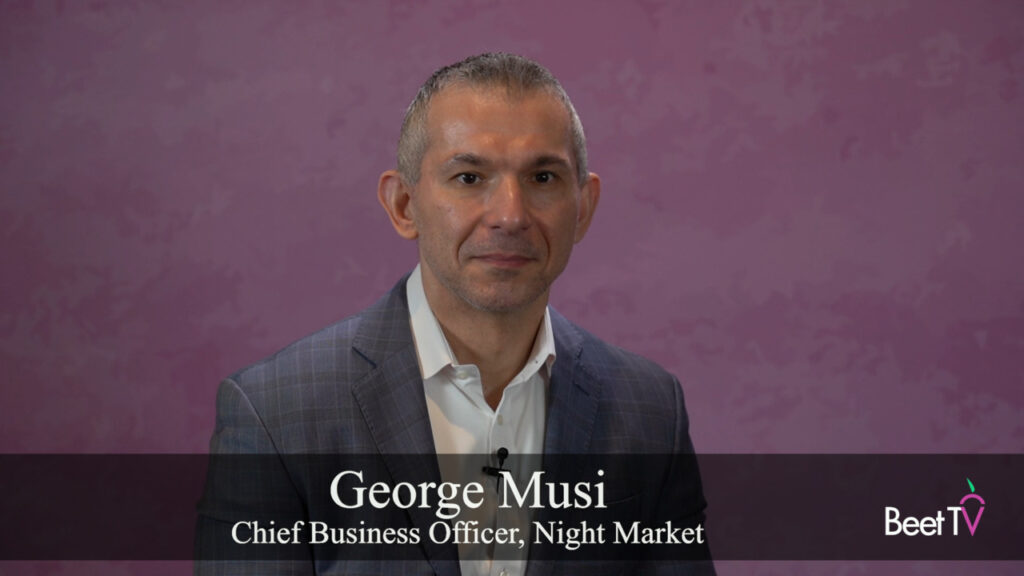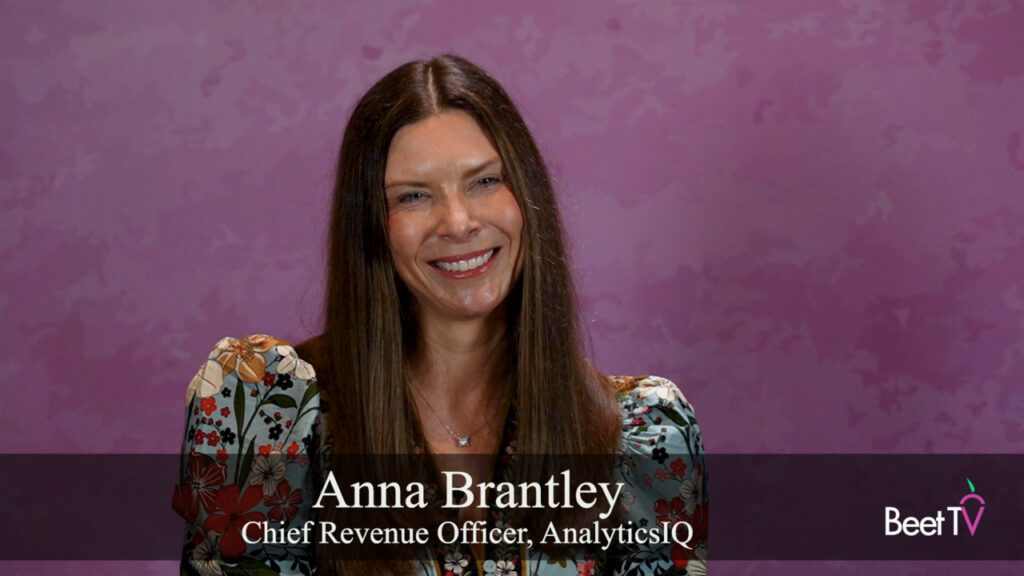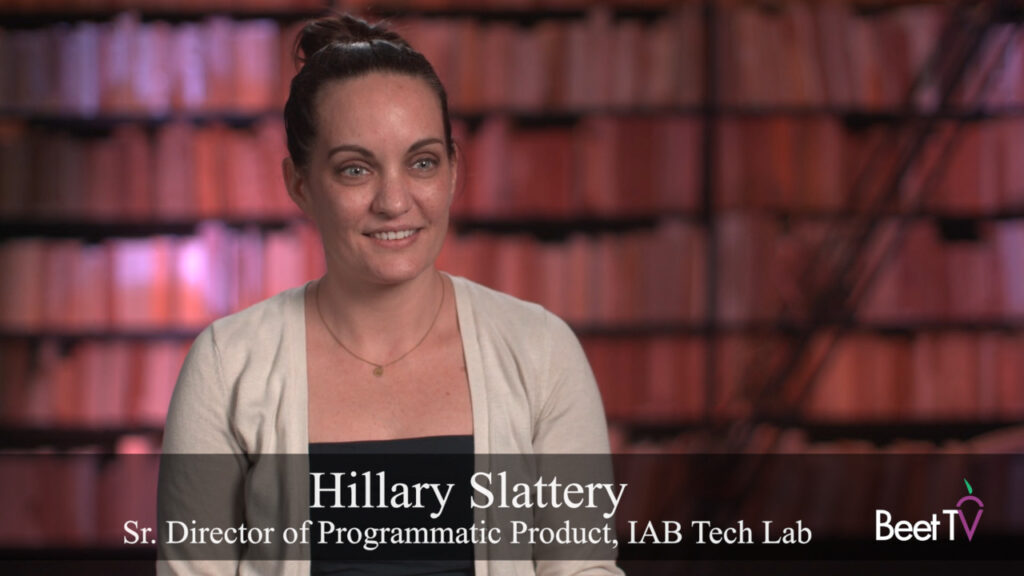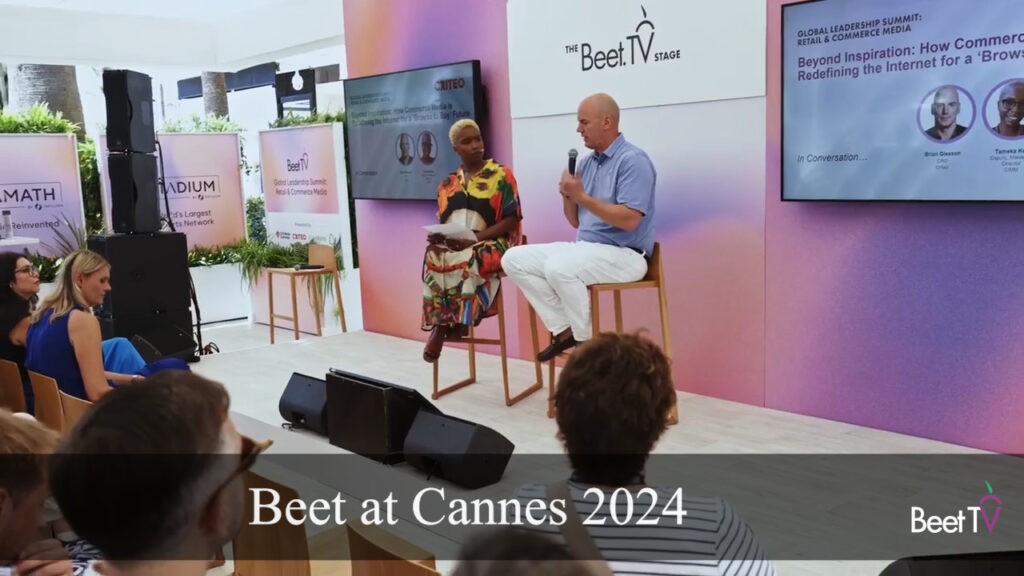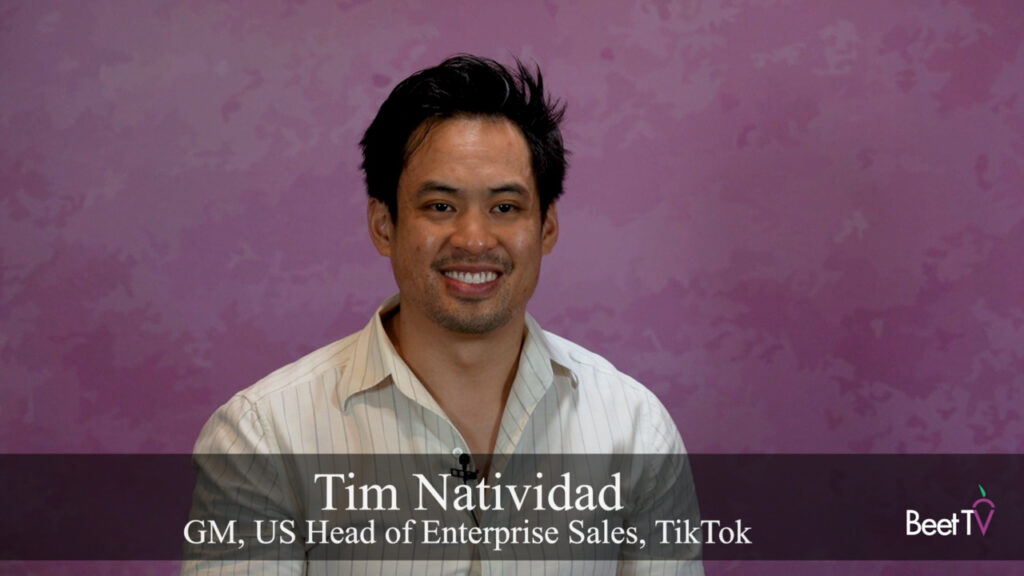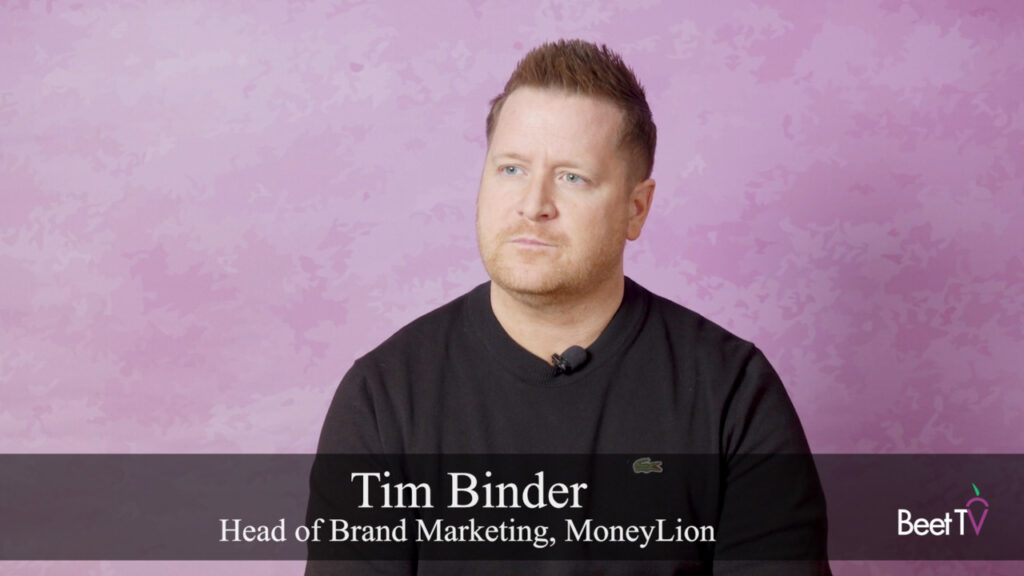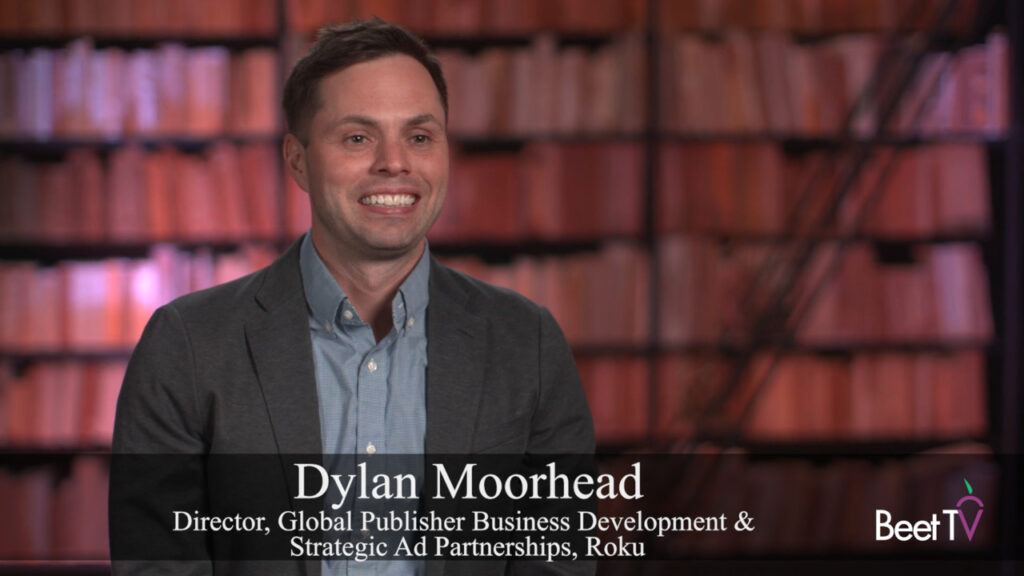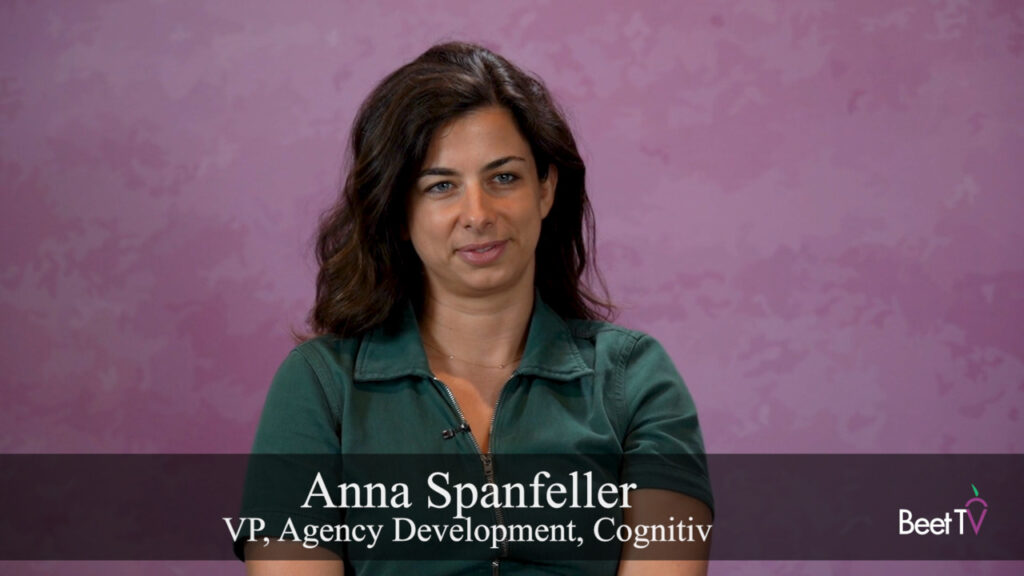Until now, many brands will simply have looked at customers as, well, customers.
But, increasingly, the demands of recognizing diversity – and the profits that can come from doing so – are compelling them to understand distinct groups of people.
It is a practice called human-centered design. In this video interview with Beet.TV, Jason Gaikowski, VMLY&R’s global lead for human-centered design and executive director for CX transformation, talks about it with 4As CEO Marla Kaplowitz.
Empathy unlocks understanding
“One of the real powers of human-centred design is it is fundamentally grounded in empathy, and it is fundamentally grounded in curiosity,” says Gaikowski, whose VMLY&R is a marketing agency owned by WPP.
“It lets you see the world differently. It lets you understand that your experience is biased. Just because it’s true for you, it doesn’t make it true.
“When you’re able to view the world with that fuller and more open perspective, it gets really easy and obvious to see that there are people who, they’re in unfortunate circumstance and systematic disadvantage.”
Understanding experiential benefit
Although human-centered design is all about understanding, well, humans, increasingly it is technology that is enabling that understanding.
Understanding consumers at this level is going to require a lot of data capture and the right kind of algorithmic detection.
“What’s next is companies understanding that empathy and humanity is actually a competitive differentiator and a competitive advantage,” Gaikowski adds.
He thinks companies will need to evolve from just considering product effectiveness to also considering the net benefit in a consumer’s life from her choice to add a brand to it.
“I think that we’re at the dawn of a complete redesign of how we think about what it means to be in a relationship with a customer,” Gaikowski says. “I don’t think that it’s so much customer relationship management, I think that we’re moving into a world of a partnership relationship with customers.”
Tech-driven insight
Gaikowski’s team has used the practice, for example, to build a Ranger Support Team for Ford after realizing some of its international vehicles were prone to breakdown.
And he says it has allowed another VMLY&R client, Greater Miami Convention & Visitors Bureau, to see how Miami’s majority Cuban and Latinx population has “an uncomfortable bias sometimes around trans, LGTBQ people”.
Gaikowski thinks artificial intelligence will be key to unlocking empathy and understanding.
“The kind of reconstructions that we can do with artificial intelligence, the insights that we can find via machine learning that then inspire something that was completely unimaginable even five years ago,” he says. “It’s perhaps the most creative time of my career.”
This video is part of the Global Forum on Responsible Media produced by Beet.TV, GroupM with the 4A’s. This track on creativity, advanced technology and advertising is sponsored by IBM Watson Advertising. For more videos on this topic, visit this page. For more information on IBM Watson Advertising, please visit this page.

















